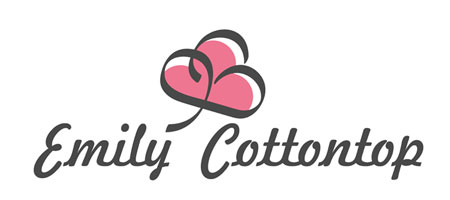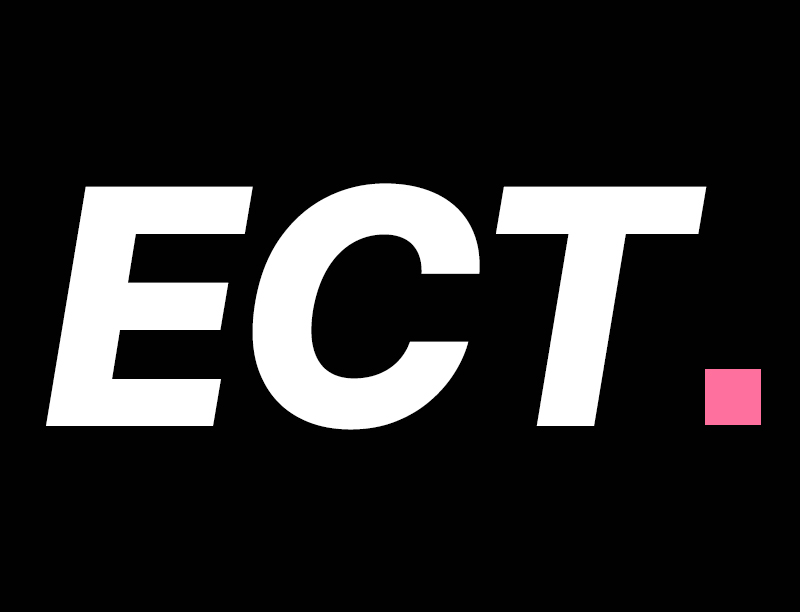What’s the first thing that comes to mind when someone asks you who you are?
According to a recent review, almost 80% of the population will lead with statements such as “I’m Janice, a financial analyst from an xxx company or I’m Billie Jean, M.D MBBS (you know all those doctor titles).”
Why? Because we’ve been taught to associate our self-worth with our educational accomplishments, job titles, and anything else that showcases our level of importance in society.
And while letting people know what you do is important (from a business and networking point of view), allowing your career to shape your identity lets others draw their conclusions about you based on where you work, your job title, and other career-related factors.
So, when you lose this position or title, your confidence takes a nosedive into the firepools of hell, and you completely lose your entire “sense of identity” (because what else are you if not the Digital Marketing Manager at that Fortune 500 company?)
We conducted thorough research and chatted with some experts about the signs that your whole identity has become overly entwined in your career and how to cultivate a healthy sense of self separate from your profession.
But first…
Why Many Lose Their Identities In Their Careers

The loss of balance between your career and personal life can be caused by different things, including:
• The nature of your job – work might take up all your time, requiring that you’re always on your phone or computer or at your workstation for an unreasonable number of hours. This is especially true if you work at a high-pressure job where your rewards are directly correlated to the number of hours you put in.
• Pressure from friends, family, and society – which makes it seem like success at work- is the epitome of success and prestige. This is especially worse for people surrounded by people who seem to have succeeded in similar careers. Plus, who doesn’t really like watching as their parents (hello, mom) brag about them to their friends?
• A struggle to maintain a certain external appearance – this is especially true if your career is directly linked to your social standing. In this situation, you’ll find yourself working more hours to maintain the lavish lifestyle you outwardly portray.
Signs Your Career Has Become Your Whole Identity
The enmeshment of your personal life and your career is not something that will happen overnight. In most cases, it starts out looking like a good thing because you will spend most of your time working to be better at your job, and this can, in turn, earn you several positive outcomes.
Over time, however, you will notice that you have nothing to do outside the office. One day, you’ll wake up and realize that:
All Your Goals Are Tied To Your Career

As a renowned content creator or ambitious executive, most of your life goals are probably professional– but they certainly shouldn’t all be.
Yes, attaining those lofty career goals is imperative, but you shouldn’t let your job completely define who you are. It should merely be one piece of the puzzle that’s You.
You Always Take Work Home With You

What’s the first thing you do when you get home? Do you get into the bathtub and just take a relaxing breath? Watch the latest episode of your favorite TV Show (do you even have a favorite)?
Or do you just get right into finishing that company project, obsessively perusing through emails even during dinner with friends, or skip family meetups in favor of your “very important” career? If that sounds like you, you’re definitely overly wrapped up in your profession.
You Carry Your Team’s Entire Workload

Now, we don’t want to call you a people-pleaser, but if the shoe fits. People whose identities are completely wrapped up in their careers often have a challenging time saying “No” to their colleagues – which means they, more often than not, end up doing almost all their team’s work.
The thing about being a go-getter is that lazy colleagues will always smell you a thousand miles away. Once you show them that you can take up extra work, you’ll find Keisha constantly hanging around your desk, babying you so hard so you can take up her task.
You Internalize Criticisms

Individuals with overly career-tied identities have a difficult time maintaining objectivity at work since their professions feel like who they literally are as people.
So, when co-workers or managers criticize their performance, they become crippled and crushed. It’s like someone literally stabbed them right in the heart. They forget criticism isn’t always a sign of failure but a sign that you could be even better than you currently are.
You Can’t Remember The Last Time You Took A Day Off – Not Even A Sick Off!

Now, we’re not saying you keep asking for days off, but not even a day to nurse that hangover or heal that wounded heart? Girl! Sick days are meant to be used. That’s why companies offer them to you every year.
And yes, it might feel dishonest to use a sick day when you’re not ill, but you should take at least three or four just to relax and rediscover your inner child. Taking a break occasionally allows you to re-group and perform even better at work (when you return).
Your Personal Relationships Are Suffering Or Are Non-Existent

If your friends or partner keep making not-so-subtle jokes about your workaholic tendencies or your relationships feel more like work than comfort, babe, you need to take a step back and look into the source of all the tension.
You might be projecting your career stress onto your people/tribe.
How To Reclaim Your Sense Of Self Outside Your Career
Untangling yourself from the belief that your job is the most important thing isn’t an easy process. However, by taking the following steps, it is totally possible.
Start Small And Take A Step Back

Before you start experiencing burnout, you’ll need to start taking a step back. Don’t worry; this doesn’t necessarily mean you should quit your job. You can start by taking some time off to reassess your values and figure out why your job is taking up so much of your time.
This will even be easier if you have some help, like a close friend or therapist, to help you take a deep dive into your life and offer an unbiased outside perspective of the situation.
Start Reducing Your Workload

After figuring out your priorities, you may want to slowly minimize your workload. For some people, this might look like delegating certain tasks, while for others, it could be turning off your work phone when you leave the office.
While this might be a scary move at first, consider this: doing all the work doesn’t make you an indispensable employee, especially if you’re doing someone else’s job. Additionally, if you burn out because of work, you’ll lose much more time and money while recovering.
And please, take that leave and use those sick days! They’re offered for a damn good reason!
Rebuild Or Even Change Your Social Network

You may have noticed that spending all your time at work negatively affects your social life, which isn’t healthy because humans are inherently social creatures. Spending time with friends and family can help you rediscover who you are outside your job.
If you notice that your social circle is entirely made up of workmates, you might want to expand the circle to include people from other walks of life. This way, all the meetups won’t revolve around your company or field of work.
Plus, you need to remember that when you die, no one will talk about how many hours you spent at work or how you killed at that project meeting. Most will remember you by how you made them feel. So invest in those personal relationships, too, hun!
Find Activities That Have Nothing To Do With Your Job

Do you remember a time before all your hours were spent at work and corporate networking events?
Remember the hobbies and the activities you enjoyed?
This would be a good time to start re-engaging in these activities. You can even add new activities to your roster, which take you out of your comfort zone and help you disconnect from work-related activities.
It could be taking cooking classes, going for hikes and parties, or anything that sparks joy for you.
For most of us, our jobs are key to meeting our basic needs and a little something extra.
But it’s important to remember that a healthy life is one where all aspects of yourself are cared for and given adequate attention.
So maybe today, step away from your monitor for a few hours and go enjoy an iced tea in the sunshine.








